Facebook Ads tool is raising eyebrows as to whether social media targeting ruining privacy?
People have always debated on where to draw the line in the profession of advertising. One of the ethical questions in advertising is the right to individual privacy. A recent study shows that the Facebook ads tool can target individual users based on their non-PII data.
The Austria’s Graz University of Technology conducts the study, Madrid’s university Carlos Ⅲ, and GTD System and Software Engineering.
What is non-PII data?
Non-PII data refers to non-personally-identifiable data like user interest. This narrows down a Facebook user to a specific person. Targeted advertising is then delivered exactly to them (single user targeting).
A few bits of data can reidentify single users. Just like Netflix views habits and credit card metadata.
What Are The Implications of Single User Targeting?
Advertising on social media based on single user targeting raises a set of legal and ethical implications:
- Does it infringe on the right to privacy?
- Is it legal?
- Should lawmakers phase out or ban behavioural advertising?
- Are invasive methods the subject of regulations?
PII: The US vs The EU – Two Points Of View
The US does not have comprehensive privacy laws as the EU does. In the EU, personally-identifiable information consists of all info targeting a user, including location and interests.Â
What are ‘Interests on Facebook’ by Facebook Ads?
Facebook interests are part of the Facebook ads platform. They allow advertisers to nano-target users based on parameters like interests in competitors and page likes. By defining 18+ users based on interests, advertisers can reach prospects at the level of single users.
Experiment Result Summary
- Nano-targeting is very cheap.
- All it takes to nano-target is interest from the 18+ target user.
- â…” of nano-targeted advertising reach users in just seven campaign hours.
Conclusion
Although nano–targeting is a powerful tool in the hands of advertisers, it raises eyebrows. Is the tool far too invasive? Where does one draw the line between advertising data and personal space?
Facebook can stop Nano-targeting if it puts a limit on target user size. This brings us back to the age-old debate on advertising ethics.Â
Which side of the line are you on?



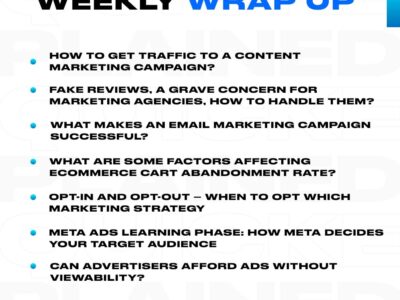
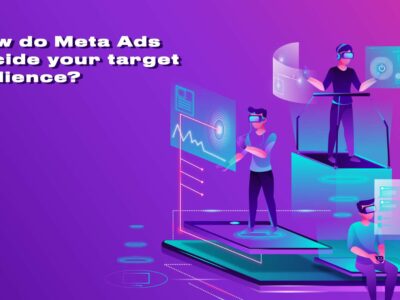
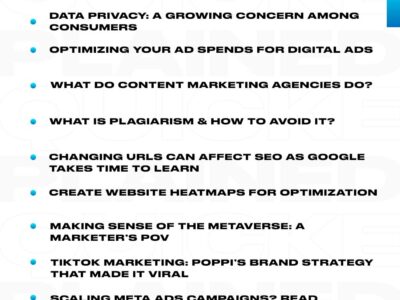
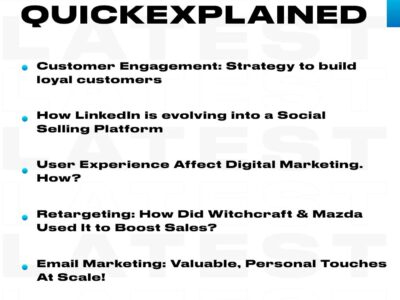
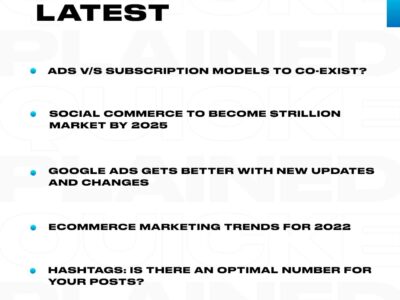

Comments